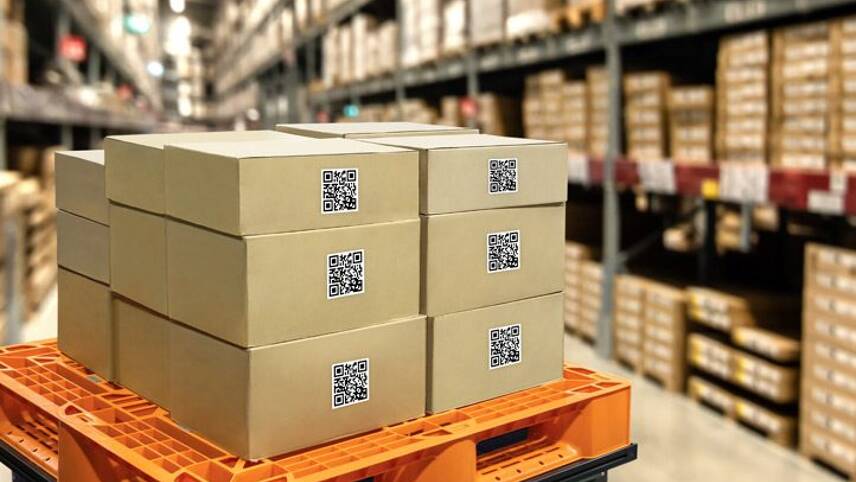Register for free and continue reading
Join our growing army of changemakers and get unlimited access to our premium content

Corporate members of the initiative represent a combined turnover of €284bn
The three companies have joined businesses such as Unilever, Ikea and BT in joining the 1.5°C Supply Chain Leaders initiative.
In September, Ikea, Unilever, BT, Ericsson and Telia were named among the founding corporate members of the initiative, which is supported by the We Mean Business coalition and was created as a spin-off to the Exponential Roadmap Initiative (ERI) and part of the pre-COP26 Race to Zero campaign.
Corporate members represent a combined turnover of €284bn and will aim to drive decarbonise across their value chains in line with the highest levels of climate action.
“We are thrilled to welcome Nestlé, Telefónica and Ragn-Sells to continue to build this initiative, as we have recently kicked-off the 1.5°C Supply Chain Leaders together with five front runners in climate action; Ericsson, IKEA, Telia, BT Group and Unilever. Working together with suppliers is an absolute necessity for large corporations with net-zero ambitions,” Johan Falk, head of the Exponential Roadmap Initiative said.
The new scheme binds the companies to bolster their long-term goals. It requires signatories to halve their supply chain emissions by 2030 – reporting annually on progress – and to make climate-related targets and performance a key part of purchasing criteria and contracts within 12 months. Signatories will share best-practice advice in a pre-competitive manner to help drive progress.
The ultimate aim of the initiative is not to ensure that a handful of businesses lead on supply chain decarbonisation, but to inspire and enable ambitions and actions across the private sector which are aligned with climate science. As such, the ERI has also launched an SME Climate Hub – a platform which will provide smaller businesses, including suppliers, with information and tools centred around lowering emissions and building resilience.
Given that the average company’s supply chain emissions are estimated to be around five-and-a-half times greater than those generated by their direct operations, according to CDP, decarbonising supply chains will be crucial to achieving net-zero targets.
“The 1.5°C Supply Chain Leaders demonstrate the vital role that multinationals can play in accelerating climate action across their value chain by supporting and encouraging their suppliers to align with 1.5°C targets. Given the number of suppliers multinational companies have, and with their huge purchasing value, this will be an exciting turning point – and we look forward to seeing exponential growth in corporate net-zero commitments as we work towards COP26,” Nigel Topping, the UK High Level Climate Action Champion for COP26 added.
Matt Mace


Please login or Register to leave a comment.